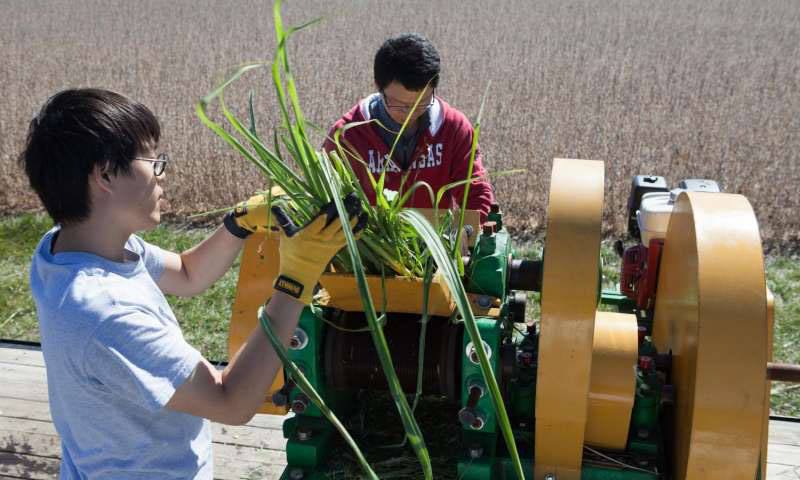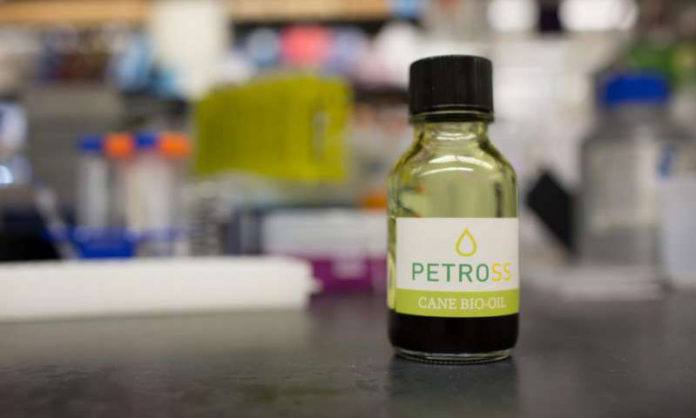Scientists from the University of Illinois have recently shown that it is possible to create fuel from sugarcane. They have generated oil in their leaves and stems for biodiesel production.
The benefit of having dual-purpose crops- they are 5 times more profitable than soybeans and 2 times than corn. And the more significant thing is that the sugarcane can be grown on marginal land in the region that does not support good corn or soybean yields.
Stephen Long, Gutgsell Endowed Professor of Plant Biology and Crop Sciences, said, “Instead of envisioning fields of oil pumps, we envision fields of green plants. These fields help us to produce biofuel. We envisioned particularly in marginal soil that is not well suited to food production.”
“As it can take 10-15 years for this technology to reach farmers’ fields, we need to develop these solutions to ensure our fuel security today and as long as we need liquid fuels into the future.”

This survey demonstrates the applications of genetically modified sugarcane varieties. During the survey, scientists used a juicer to extract about 90% of the sugar and 60% of the oil from the plant. They then fermented the juice to generate ethanol. Next, they treated the juice with organic solvents to recover the 0.5 and 0.8 percent oil. In other words, scientists separated oil and sugar by this method.
Co-author Vijay Singh said, “The oil composition is comparable to that obtained from other feedstocks like seaweed or algae that are being engineered to produce oil.”
Long said, “We found that the plant can produce more oil without loss of sugar production, which means our plants may ultimately be even more productive than we originally anticipated.”
According to the project’s economic analyses, plants with just 5 percent oil would produce an extra 123 gallons of biodiesel per acre than soybeans and 350 more gallons of ethanol per acre than corn.
